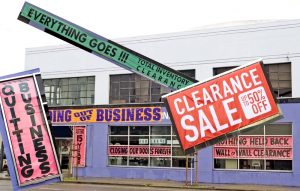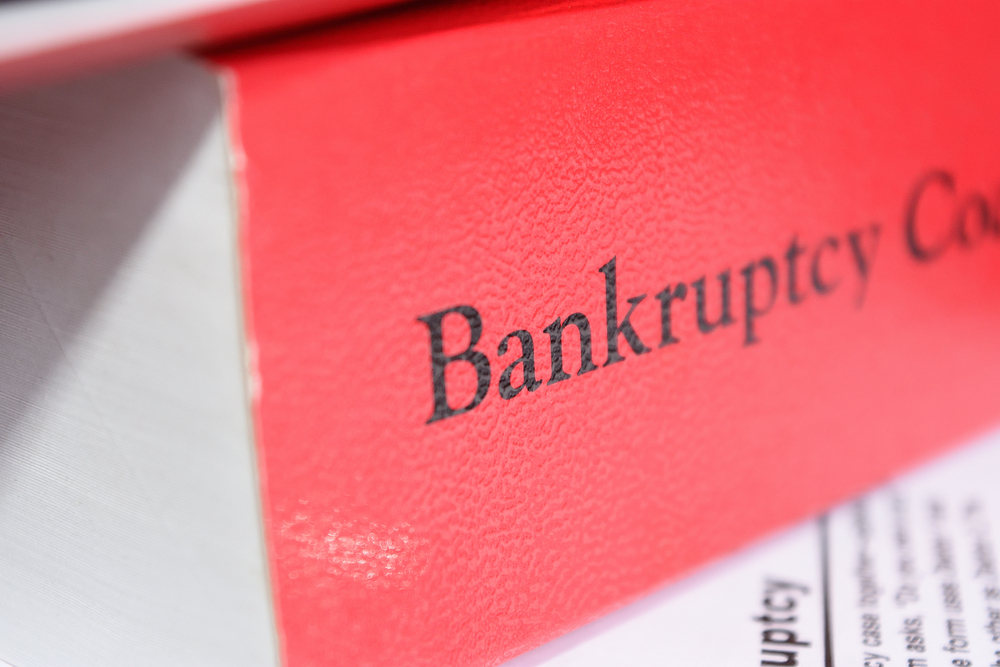
When you are trading stocks, the last thing you would expect to happen is for a company to declare bankruptcy. Even if you are not aware of the effect that this can have on your shares, you will most likely know that this is not a great thing to happen. Bankruptcies have all the time and they can happen when you least expect it. This is why you should always follow the news and information about your stocks when you’ve placed your order.
If you are unsure what can happen in times of bankruptcy in relation to the shares you own, this article will explain everything. In most cases, you should get the money back, but from time-to-time, a company may issue their chapter 11. If you’re interested to find out more, continue to read this article.
What Happen When a Public Company Goes Bankrupt?
When a public company goes bankrupt, in most cases, they will liquidate all of their assets to try and get all the remaining money they can. In this process, the shareholders will be entitled to some of the liquidated funds that have resulted from the assets, but this will depend on how much is left over.
In the event of a bankruptcy, the shares of the company are rendered useless, which is not a great factors for shareholders. Whether or not the holders get their money back will depend on how much money comes from the assets. In some cases, there may not be a lot of money left over.
Unfortunately, the common shareholders are last on the list when it comes to repayments. When the company is liquidating their assets and paying off debts, the Government, financial institutions, bondholders and preferred shareholders will be the first to receive the payments. This means that common shareholders receive no money when all debts have been cleared. To put it simply, common shareholders are in for a rough ride when a company goes bankrupt.
The amount a shareholder will receive is based on the amount of ownership they have in the company. If the company has money left over to pay to its shareholders (which it commonly doesn’t) then each purpose will get whatever percentage they had of the company. If $100,000 is left, a shareholder with a 0.2% ownership will receive $200.
What is the Company Issues Their Chapter 11?
This chapter can be filed just before a public company goes bankrupt (or believes it will) and offers protection against liquidation. The process for a chapter 11 is complex and will often cost a lot of money. However, it is preferred because it allows the company to reorganize their assets and come back stronger.
During this process, shareholders will be in for a shock because the prices will drastically drop and, in some cases, the company will be de-listed from large indices and will be placed on pink sheets. On the exchange, the company will have a Q placed next to their name, to differentiate them from everyone else. Although the company is not bankrupt, a shareholder’s shares will be worth next to nothing.
Bankruptcy Considerations
When a public company goes bankrupt, the shareholders are in big trouble. Their shares will become useless and, in most cases, the company will not be able to cover the debt that the holders have suffered. This is because shareholders are last on the list when it comes to debt payments. In the case of a bankruptcy, shareholders are essentially holding onto a sinking ship. Hopefully, as a shareholder, you never experience bankruptcy, as you could lose a lot of money.


linda b
October 12, 2017., 12:49 pm •
oh gosh, this is kind of a scary thought. good to be aware of though.